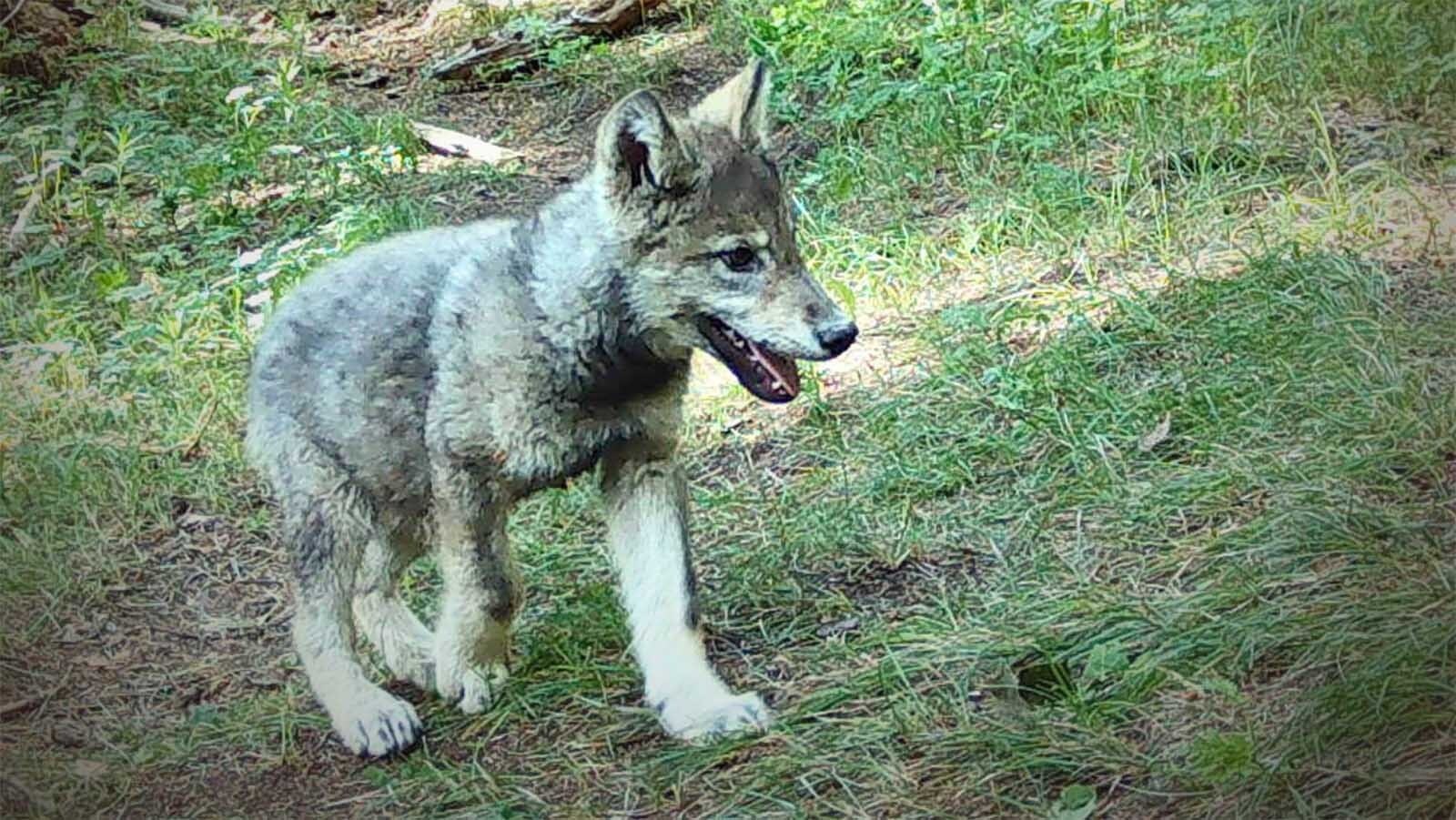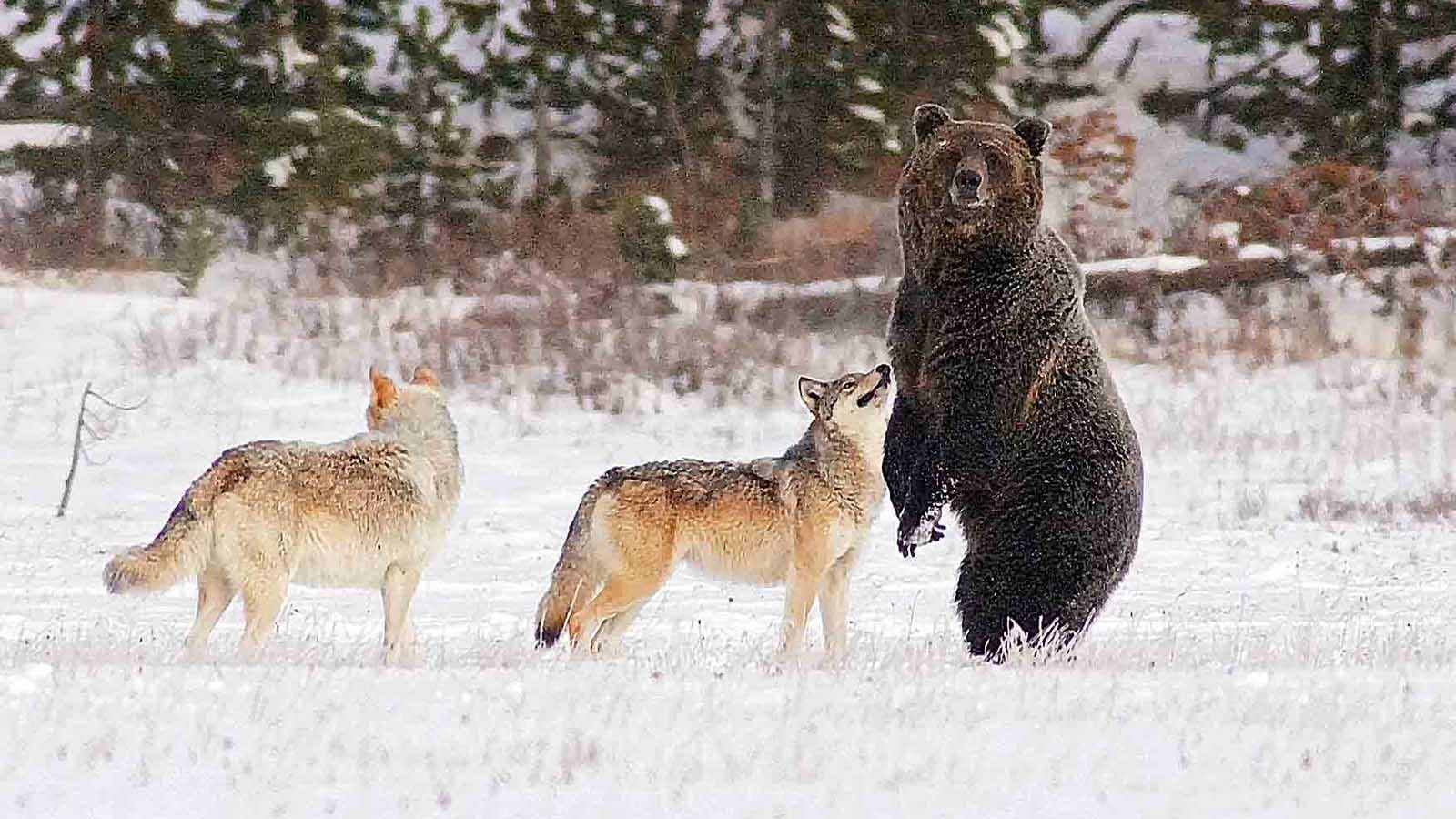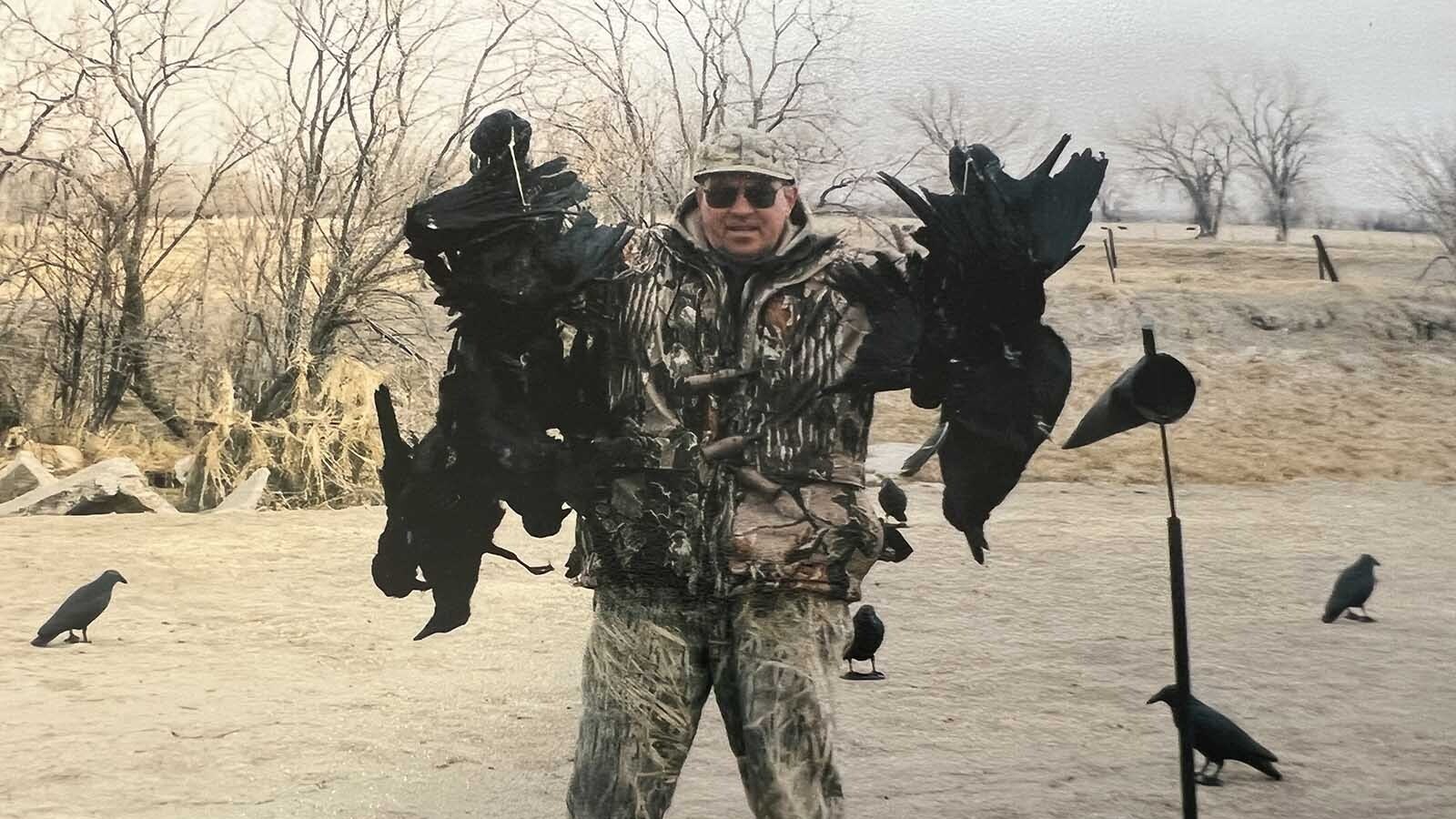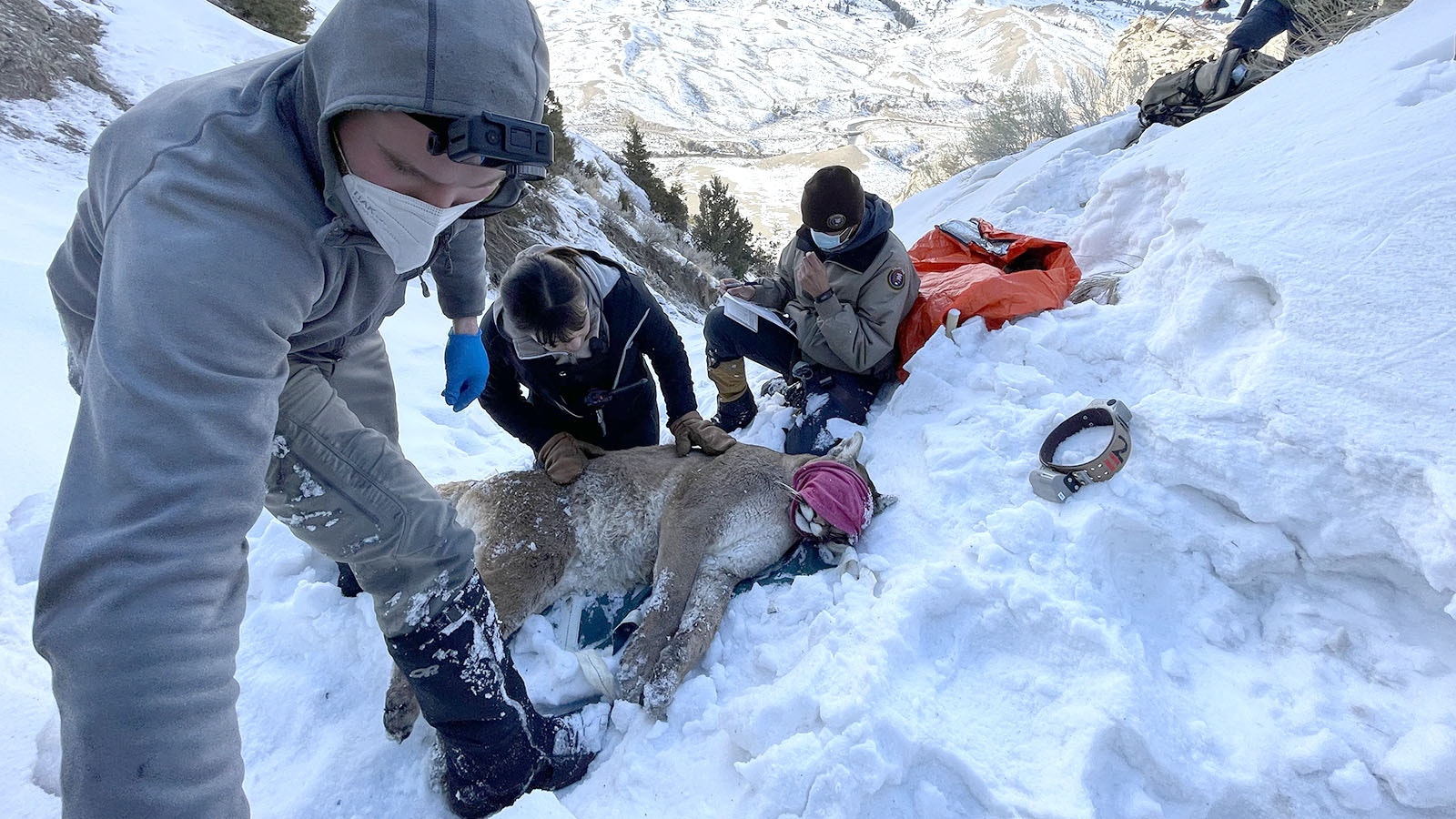Colorado wolves have been fruitful, with four new litters of pups born in different locations this spring, thereby establishing four new wolf packs, wildlife officials reported.
Some hailed the arrival of new wolf pups as a sure sign that Colorado’s wolf restoration program is finally starting to take off as intended.
Not everyone is thrilled about the news. One of the new litters was born into the Copper Creek pack, which has a history of killing cattle.
Ranchers say that the pack, now denned in Pitkin County, Colorado, is still killing livestock at an alarming rate.
Four Litters, Three New Packs
Three of the litters born this spring established officially recognized wolf packs, according to Colorado Parks and Wildlife (CPW).
“CPW recognizes packs only after a breeding pair of wolves have reproduced in late spring,” the agency reported.
In addition to the already-established Copper Creek pack, new litters haveestablished the One Ear wolf pack in Jackson County, the Three Creeks pack in Rio Blanco County and the King Mountain pack in Routt County, CPW reported.
The number of pups remains unknown.
“While CPW staff have seen pups at some of the dens there is not a confirmed pup count for all of the packs,” according to CPW.

Wolf Advocates Say Reintroduction Is On Track
Colorado’s wolf reintroduction program began with Proposition 114, which Colorado voters passed in 2020 by the slimmest of margins, 50.91% to 49.09%.
The first batch of 10 wolves, transplanted from Oregon, was released in Colorado in December 2023.
In January, 15 more wolves were transplanted from British Columbia, Canada.
CPW plans to release more transplanted wolves during the winter of 2025-2026, but details are still pending on how many wolves might be involved and where they’ll come from.
Meanwhile, some resident Colorado wolf advocates said they are thrilled by the arrival of new litters of wolf pups.
“I think things are going the way they’re supposed to,” Kim Beam, founder and president of Wolf and Wildlife Advocates, told Cowboy State Daily.
For Colorado’s wolf program to succeed going forward, “we need to do it with everybody in mind,” including ranchers, Beam added.
She’s an advocate for non-lethal methods of preventing wolf attacks on cattle – including scaring wolves away from livestock herds by dive-bombing them with drones.
Beam said non-lethal control puts the power in ranchers’ hands and is a better alternative to “throwing money” at the problem through a state program to compensate ranchers for cattle killed by wolves.
The establishment of three new packs through litters of pups is an important turning point for wolf recovery in Colorado, wolf advocate Samantha Miller told Cowboy State Daily.
“We are hopeful that these (new litters of pups) will provide a new foundation for wolf recovery in Colorado,” said Miller, the senior carnivore campaigner with the Center for Biological Diversity.
‘These Are Livestock-Killing Wolves’
From the perspective of Pitkin County rancher Michael Cerveny, more wolves mean more frustration and loss of valuable cattle.
The Copper Creek wolf pack has been terrible neighbors, he said.
“These are livestock-killing wolves,” he told Cowboy State Daily.
Cerveny said that he and his neighbor, Brad Day, are the only large-scale cattle producers in the county, and they’ve both lost numerous cows and calves to the Copper Creek Pack.
“That whole thing has been a complete mess, and now they have pups, which we have seen,” he said.
Copper Creek Pack In Trouble Again
The Copper Creek Pack has a troubled history. They were the first established pack to form out of the wolves transplanted from Oregon.
After several attacks on cattle on their original home turf in Grand County, Colorado, the Copper Creek wolves were trapped and placed in captivity.
They were later set free again in Pitkin County.
Cerveny said that goes against Colorado’s wolf management policy, which forbids releasing wolves near livestock, if those wolves have a history of attacking livestock
According to CPW’s wolf depredation report, there were seven wolf attacks on livestock in Pitkin County between March 3 and Friday, involving eight head of cattle.
Cerveny said the most recent one was a heifer calf (female) owned by Day – and images of the kill were sent to Colorado game commissioners while they were in a meeting, being updated on Colorado’s wolf program.
CPW agents killed one adult wolf from the Copper Creek pack, but the attacks on cattle have continued, despite ranchers using numerous non-lethal deterrents, Cerveny said.
He said that wolves have hazed his and Day’s cattle off U.S. Forest Service grazing allotments that they lease.
“The damn things, they had them, (the cattle) chased off the national forest,” he said.
Mark Heinz can be reached at mark@cowboystatedaily.com.





